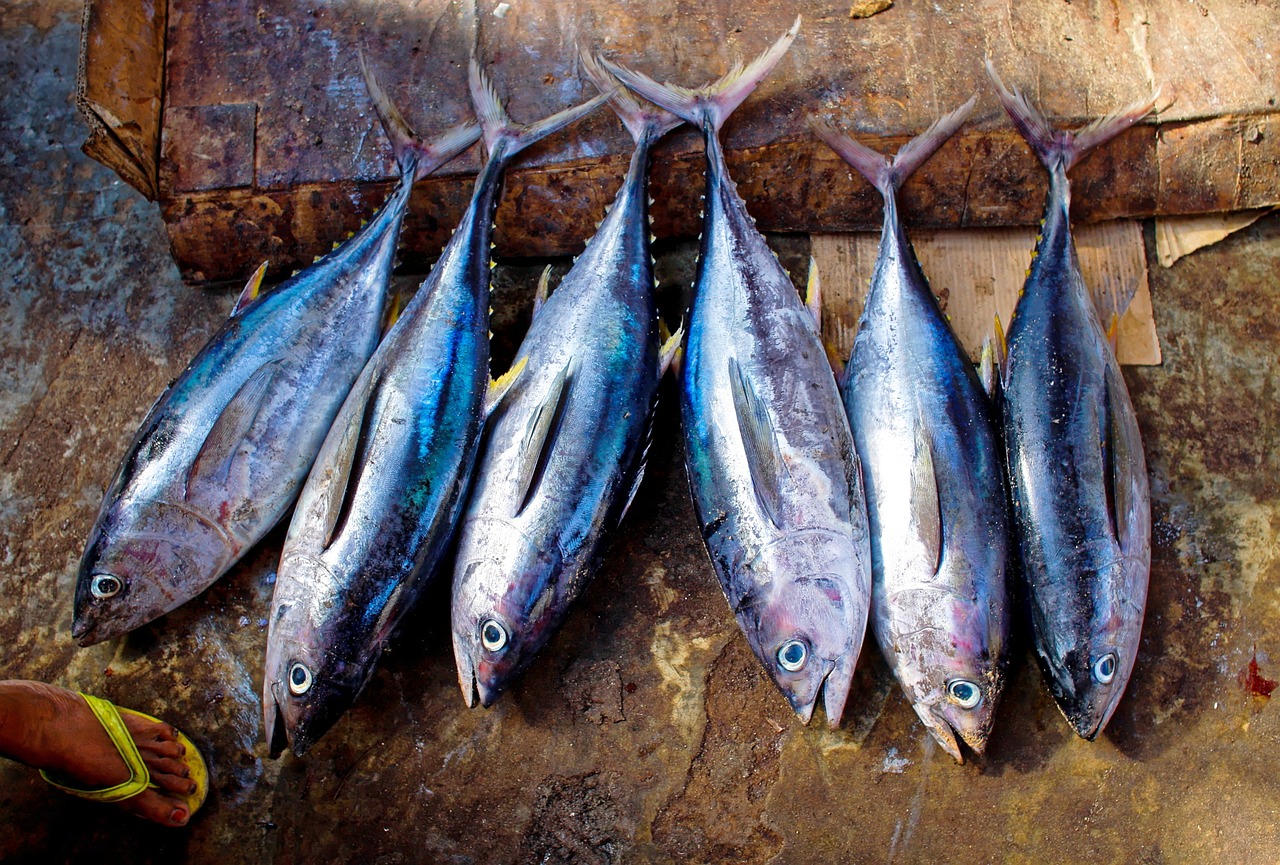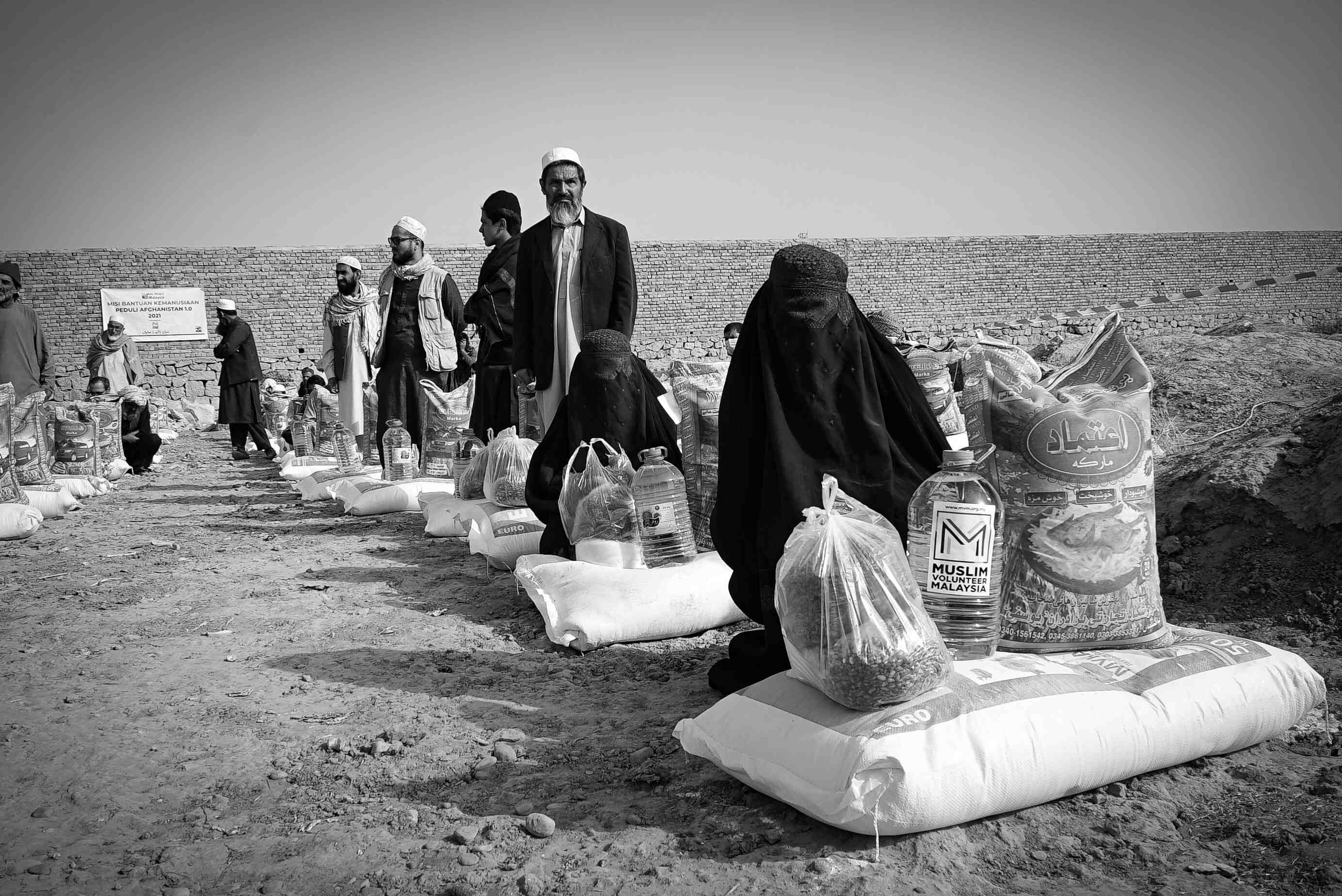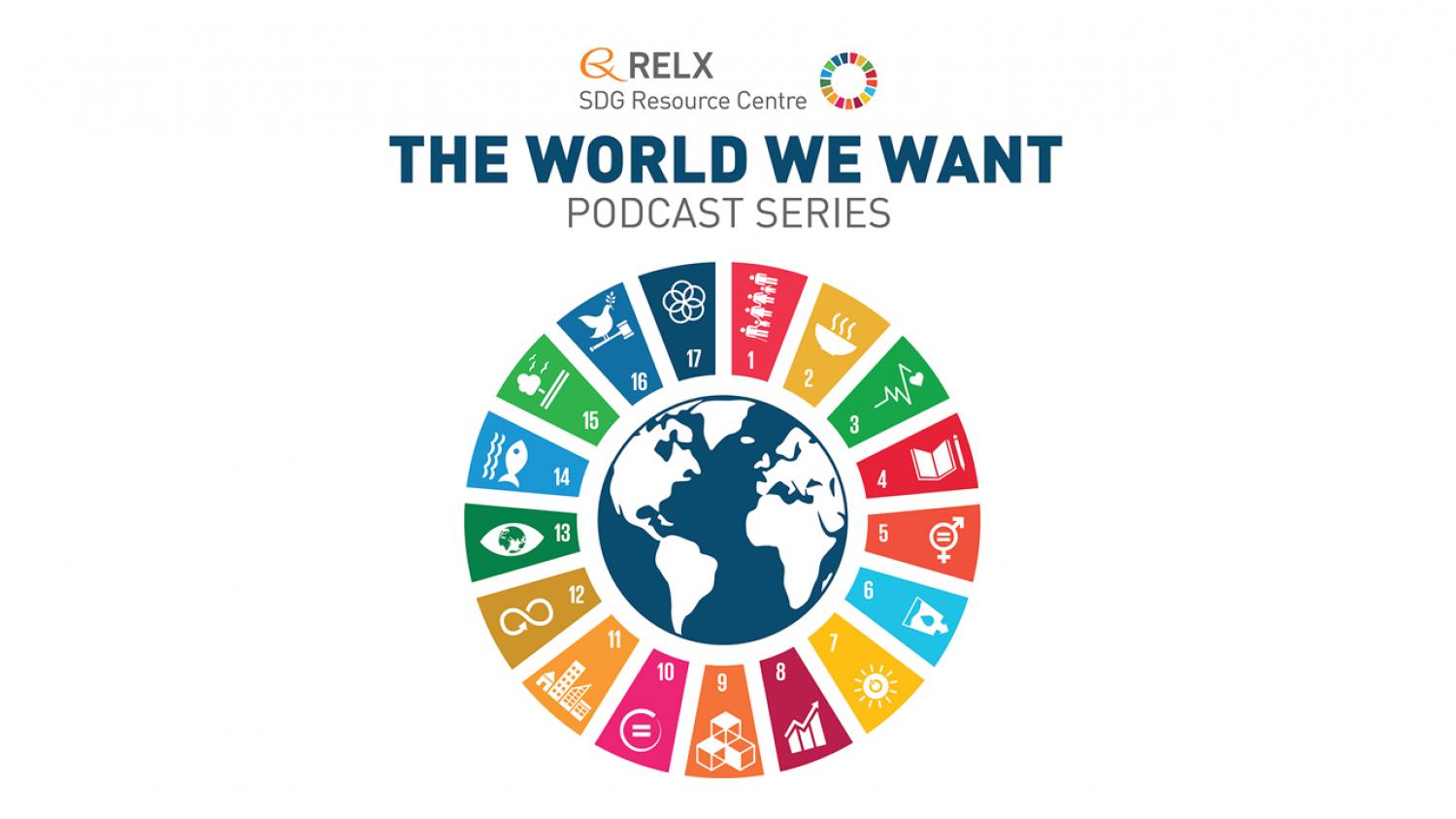Zero Hunger, embodied in the Sustainable Development Goal (SDG) 2, is a profound commitment by the United Nations to eradicate hunger and malnutrition by 2030. This ambitious goal is not just about addressing immediate food needs but involves a comprehensive approach to ensure everyone everywhere has enough good-quality food to lead a healthy life. The journey towards Zero Hunger intersects significantly with other SDGs due to its multifaceted nature. It is deeply intertwined with poverty reduction (SDG 1), as poverty is both a cause and effect of hunger. Improving agricultural productivity and sustainable food production (SDG 12) is crucial in this regard, ensuring that food systems become more efficient and less wasteful.
Moreover, Zero Hunger has a direct relationship with good health and well-being (SDG 3). Proper nutrition is fundamental for individual health, impacting educational outcomes, work productivity, and overall quality of life. Implementing this goal means addressing a broad spectrum of issues, from undernutrition and vitamin deficiencies to obesity and diet-related diseases. There is also a strong link between hunger and education (SDG 4), where hunger can be both a barrier to accessing education and a result of educational disparities. Nutrition education and school meal programs are essential components in breaking this cycle.
Gender equality (SDG 5) is another critical aspect. Women and girls often face greater barriers in accessing food and nutritional resources. Empowering them is key to improving food security for entire communities. Furthermore, the Zero Hunger goal is connected to clean water and sanitation (SDG 6), as water is essential for food production and preparation. Sustainable management of water resources is, therefore, integral to achieving food security.
Addressing Zero Hunger also means tackling the challenges posed by climate change (SDG 13). Climate change has a direct impact on food availability, affecting crop yields, altering agricultural conditions, and exacerbating food insecurity. Sustainable agricultural practices and resilience building are vital in this context. The goal also dovetails with life on land (SDG 15) and life below water (SDG 14), as healthy ecosystems are crucial for sustainable food sources.
The pursuit of Zero Hunger requires collaborative efforts across nations, sectors, and communities. It calls for innovative solutions, policy changes, and significant investment in agriculture and food systems. It is not only a moral imperative but a foundational step towards a sustainable and equitable future. Achieving Zero Hunger is not just about feeding the hungry but about nourishing nations.
This paper reviews and compares four leading healthy diet metrics: GDQS, GDR score, MDD-W, and Nova UPF score, for their accuracy, ease of use, and global applicability in monitoring dietary quality. The findings highlight that the Minimum Dietary Diversity for Women (MDD-W) offers the strongest predictive accuracy for nutrient adequacy using a simple, scalable method, while also emphasizing the need for further research on metrics assessing moderation and cross-country comparability.
World Tuna Day 2026: Advocating for Tuna Conservation
Observed annually on May 2, World Tuna Day emphasizes the need for sustainable fishing practices to preserve tuna stocks and safeguard the livelihoods of millions worldwide. Established by the United Nations General Assembly in 2016, the day raises awareness of the threats facing tuna populations, including overfishing, and underscores conservation efforts.
Event Overview
The study demonstrates that successful nutrition education in Indigenous communities requires more than simply adapting Western models; it necessitates genuine partnership, flexibility, and a willingness to honor Indigenous values, ways of knowing, and definitions of success. Federal programs like SNAP-Ed must shift toward community-driven evaluation and support, building trust through sustained relationships and co-creation. Elevating Indigenous voices in policymaking and program design will foster more effective, culturally relevant, and healing approaches to food and nutrition in Indigenous communities
Culturally adapting nutrition education programs like CMAH for Indigenous communities is a nuanced process requiring respect for both shared and individual traditions. While recipe adaptation improved cultural resonance, persistent barriers to traditional food access and the diversity of community perspectives highlight the need for flexible, community-driven approaches. Building sustained, trust-based relationships and involving local knowledge keepers are essential for effective, culturally sensitive health interventions. Ultimately, supporting Indigenous food sovereignty and tailoring programs to local contexts are crucial steps toward reducing health disparities and revitalizing traditional foodways.
2026’s International Day of Rural Women: A Global Call to Support Women in Rural Areas
Celebrated every year on October 15, International Day of Rural Women is a global event that recognizes the vital role of women in rural areas and brings awareness to the unique challenges they face. From farmers and entrepreneurs to community leaders, rural women play an essential part in sustaining communities and advancing economic development. This day highlights their contributions while advocating for greater equality and support.
World Humanitarian Day 2026
World Humanitarian Day is dedicated to recognizing humanitarian personnel and those who have died working for humanitarian causes. Designated by the United Nations General Assembly as part of a Swedish-sponsored resolution, this day is observed on August 19th. It commemorates the anniversary of the bombing of the UN Headquarters in Baghdad, which claimed the lives of Sérgio Vieira de Mello, the Special Representative of the Secretary-General to Iraq, and 21 of his colleagues.
World Humanitarian Day 2025
World Humanitarian Day is an international day dedicated to recognizing humanitarian personnel and those who have died working for humanitarian causes. Designated by the United Nations General Assembly, this day honors the efforts of those who risk their lives in the service of others. Observed on August 19th, it commemorates the tragic loss of Sérgio Vieira de Mello, the then Special Representative of the Secretary-General to Iraq, and 21 of his colleagues in the bombing of the UN Headquarters in Baghdad.
The article concludes that while federal food assistance programs have the potential to improve health equity for Indigenous peoples, their effectiveness is hampered by accessibility barriers and lack of cultural relevance, particularly in non-tribally administered programs. The scant research available highlights unmet needs, especially for urban Indigenous communities and under-studied programs. Addressing these gaps is essential for fulfilling federal trust responsibilities and advancing health equity. The authors call for more targeted research and policy action to support Indigenous self-determination and ensure food assistance programs are both accessible and culturally appropriate.






